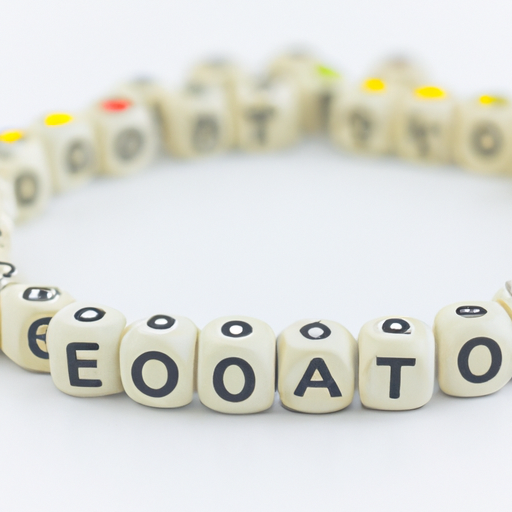In the ever-evolving world of search engine optimization (SEO), on-page optimization plays a crucial role in improving a website’s visibility and ranking on search engine results pages (SERPs). On-page optimization refers to the process of optimizing individual web pages to rank higher and attract more organic traffic. Here are some effective strategies for on-page SEO optimization.
Keyword Research and Optimization
Keyword research is the foundation of any successful SEO strategy. Start by identifying relevant keywords and phrases that your target audience is likely to search for. Use keyword research tools like Google Keyword Planner or SEMrush to find high-volume, low-competition keywords. Once you have your keywords, optimize your page by including them in the page title, meta description, headings, and throughout the content. However, be careful not to overstuff keywords as it can negatively impact your rankings.
High-Quality and Engaging Content
Content is king when it comes to on-page SEO optimization. Search engines prioritize websites that provide valuable, informative, and engaging content to users. Create well-written, original content that is relevant to your target audience and incorporates your chosen keywords naturally. Use headings, bullet points, and images to break up the text and make it more visually appealing. Regularly update your content to keep it fresh and relevant.
Optimize Page Titles and Meta Descriptions
Page titles and meta descriptions are essential elements for both search engines and users. A compelling page title and meta description can significantly impact click-through rates. Make sure your page titles and meta descriptions accurately reflect the content and keywords of the page. Keep them concise, informative, and enticing to encourage users to click on your website in the search results.
User-Friendly URL Structure
A user-friendly URL structure not only helps search engines understand the content of your page but also improves the user experience. Opt for short, descriptive URLs that include relevant keywords. Avoid using numbers, symbols, or excessive parameters in your URLs. A clean and organized URL structure will make it easier for users to navigate your site and share specific pages.
Optimized Images and Multimedia
Including images, videos, and other multimedia elements can enhance the user experience on your website. However, it is essential to optimize these elements for search engines. Use descriptive file names and alt tags for your images to provide context. Compress the file size to improve page load speed, as slow-loading pages can negatively affect rankings.
Internal and External Linking
Internal linking refers to linking to other pages within your website, while external linking is linking to relevant external websites. Both types of linking are vital for on-page optimization. Internal linking helps search engines understand the structure of your website and improves navigation for users. It also distributes link authority throughout your site, boosting the visibility of important pages. External linking to reputable sources adds credibility to your content and can increase the likelihood of other websites linking back to you.

